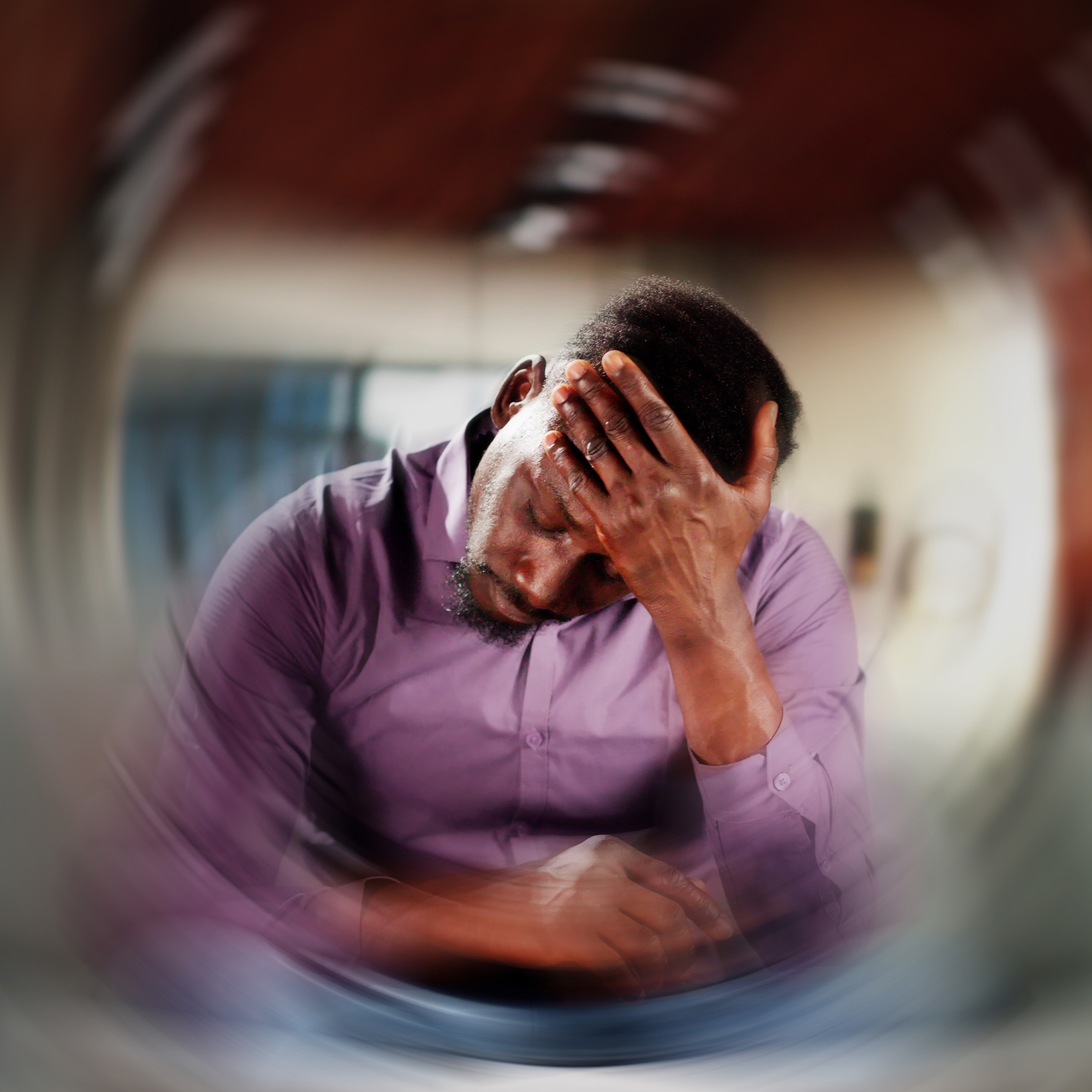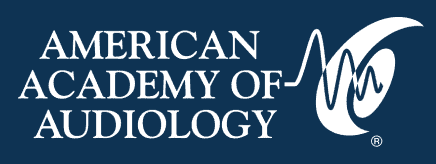A Commitment to Vestibular Audiology
Becoming Board Certified in Vestibular Audiology® means that an audiologist has acquired specialized knowledge in the field of vestibular audiology and has demonstrated a high level of knowledge in this specialty area.
Being Board Certified in Vestibular Audiology® testifies to an audiologist’s expertise in vestibular audiology and demonstrates to colleagues, other healthcare providers, patients, and employers that he or she has acquired a high level of knowledge in the field of vestibular audiology and is the best option for treating children with audio-vestibular disorders and hearing loss.
While a certification is not a guarantee of any particular skill or competency, an audiologist holding specialty certification has demonstrated the ability to pass a rigorous examination and has practiced in the field of audiology for a minimum number of years.

Specialty certification is voluntary and is not tied to any other certification. Specialty certification is offered by the ABA without requirement for membership in any professional organization and may be obtained independent of any other certification.
While the ABA updates its policies and procedures as needed on an ongoing basis, the ABA has designated a standing meeting time annually to review all policies and procedures, candidate handbooks and website content.
VASC Candidate Handbook
Why be Board Certified in Vestibular Audiology®
As a professional audiologist, you deserve to be recognized and appreciated for what you do. Like most professionals, you want to become better at it, so you look for opportunities for ongoing, meaningful professional development. By earning your Board Certified in Vestibular Audiology® credential, you are joining with other professionals in enhancing the status and credibility of the profession.
Specialty certification is the hallmark of certification in most professions. Specialty certification verifies professional experience to employers and provides consumers with a method of identifying audiologists with specialized knowledge in a given area, thus increasing their confidence in the audiologist’s level of expertise. An audiologist holding specialty certification has passed a rigorous exam and demonstrates knowledge and experience in the specialty field.
Audiologists holding the ABA’s Board Certified in Vestibular Audiology® credential can advertise that they are a primary destination for patients with vestibular disorders and hearing loss.
Typically, achieving specialty certification requires training, study, and staying ahead of the curve in audiology. ABA specialty certification showcases your individual mastery by confirming proficiency and knowledge in the field of audiology. Specialty certification also requires recertification every three years, proving that you are maintaining current knowledge in the specialty field.
Being Board Certified in Vestibular Audiology®:
- grants you more credibility as an audiologist and sets you apart from other audiologists,
- serves as an impartial third-party endorsement of your knowledge and experience,
- can improve career opportunities and advancement,
- can give you the “edge” when being considered for a promotion or other career opportunities,
- prepares you for greater on-the-job responsibilities,
- is a clear indicator of your willingness to invest in your own professional development,
- offers greater recognition from peers, and
- demonstrates a commitment to professional ethics education.
Proper Use of Designation
BOARD CERTIFIED IN VESTIBULAR AUDIOLOGY®
Those audiologists who have earned the Vestibular Audiology Specialty Certification® (VASC) should represent themselves as Board Certified in Vestibular Audiology® on their business card, under their signature, on letterhead, etc.
BC-VA Logo
The Board Certified in Vestibular Audiology® logo is available to credential holders in a press/web-ready electronic format. If you would like to obtain the logo, please download and complete the form below. You may send the completed form by fax to 703-485-3555 or email to aba@audiology.org.
The design and phrase Board Certified in Vestibular Audiology® is a registered trademark and is licensed only to those individuals who hold the credential in good standing from the ABA. No person shall be permitted to use the term Board Certified in Vestibular Audiology® unless the American Board of Audiology has granted that recognition. Persons who fail to meet requirements for recertification must cease to use the title. The ABA strictly enforces the appropriate usage of its logo and registered trademarks.
New Board Certified in Vestibular Audiology® Credential Holders
Congratulation to these new BC-VA credential holders from August 2025!

Search for Board Certified Vestibular Audiologists in Your Area
Find a full list of all current ABA credential holders through the ABA directories page.
